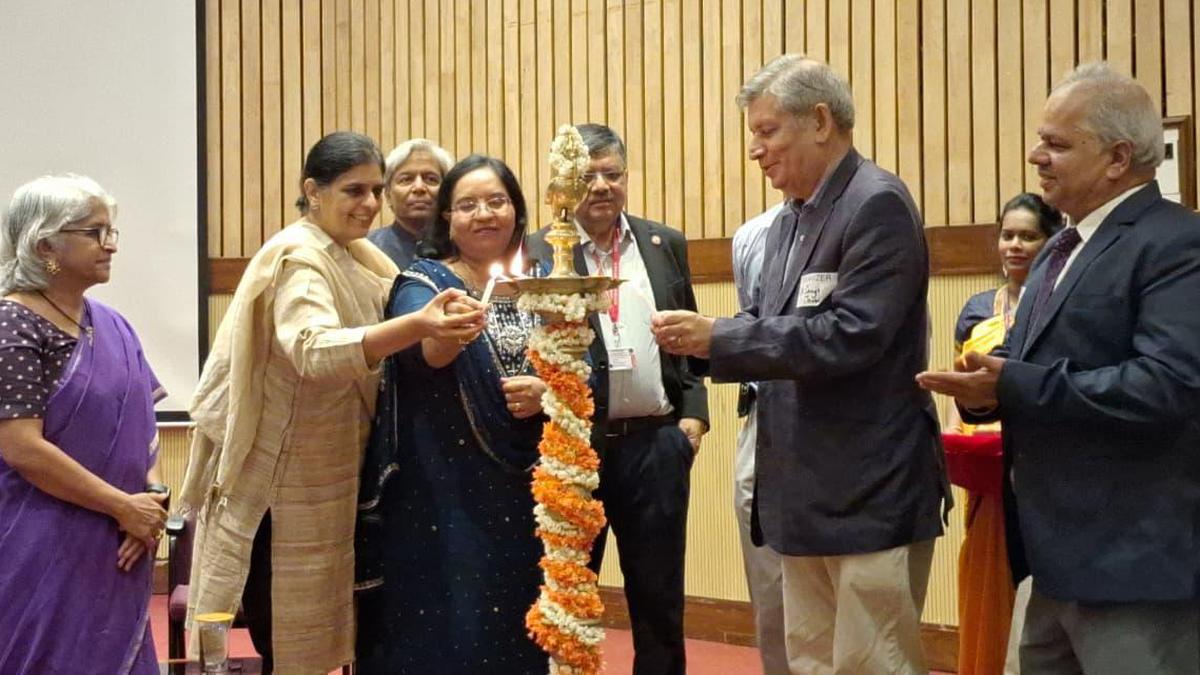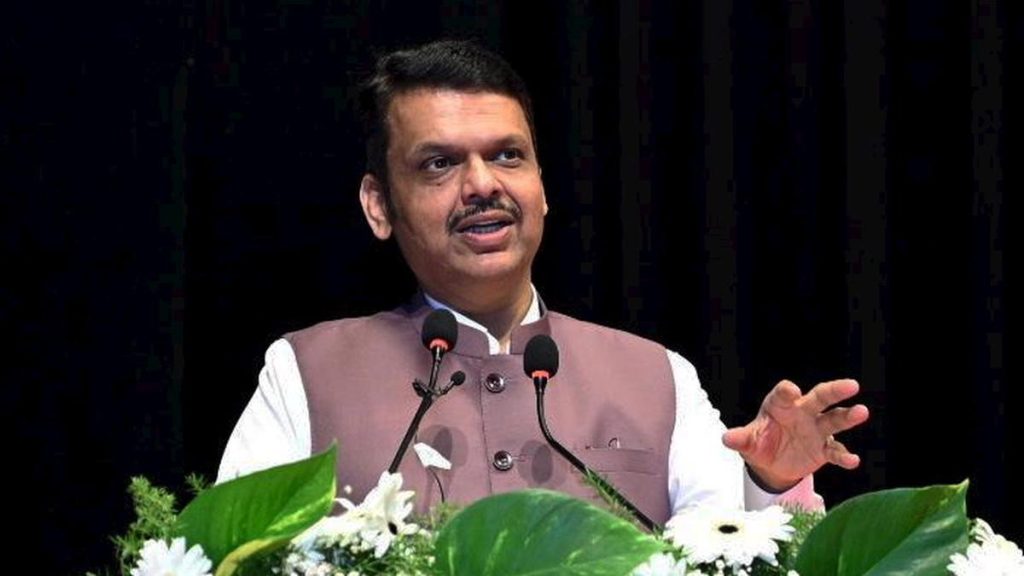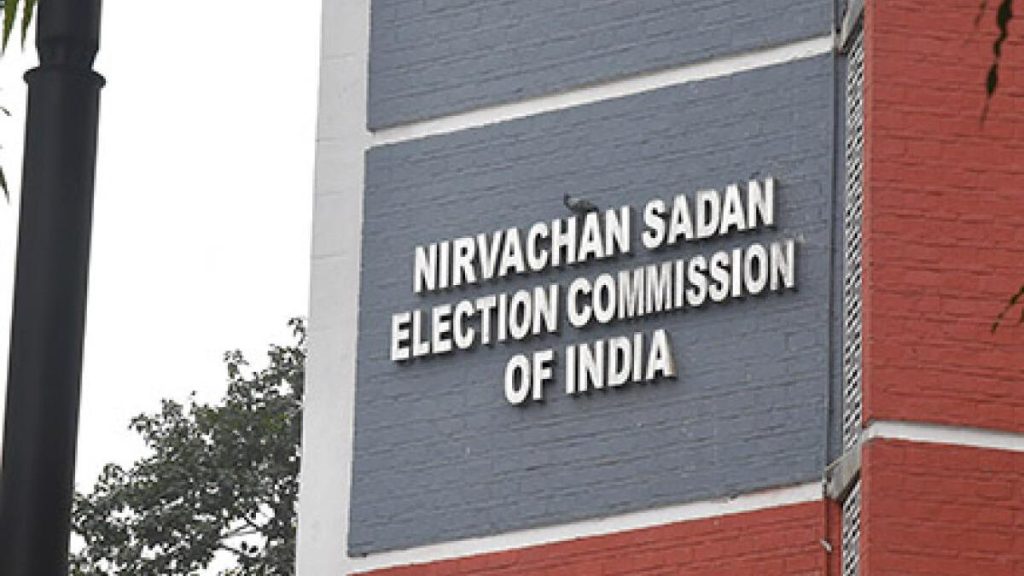Now Reading: Huntington’s Disease Society Urges Government to Include Disorder in Rare Diseases Policy
-
01
Huntington’s Disease Society Urges Government to Include Disorder in Rare Diseases Policy
Huntington’s Disease Society Urges Government to Include Disorder in Rare Diseases Policy

Rapid Summary
- Huntington’s disease (HD) patients, caregivers, and doctors gathered at the second HDSI international conference in Bengaluru to demand the recognition of HD as a rare disease under India’s National Policy for Rare Diseases (NPRD).
- HD is a progressive neuropsychiatric genetic disorder causing cognitive decline, involuntary muscle movements (chorea), psychological symptoms, and motor impairments.
- A call was made to establish multidisciplinary clinics for HD patients involving neurologists, psychiatrists, physiotherapists, speech therapists, genetic counselors, and social workers.
- State Deputy Director of Mental Health Rajani parthasarathy said steps are being taken towards setting up such a center at victoria Hospital in Bengaluru; the first task force meeting on neurodegenerative disorders is planned on august 25.
- NIMHANS director Pratima Murthy confirmed forwarding proposals advocating HD inclusion in NPRD policies to the Union Health Ministry and ICMR.
- A dedicated patient registry for HD will be set up at NIMHANS to collect data on prevalence, progression, care needs and encourage participation in clinical trials.
- Experts emphasized the need for policy-driven support systems and medical infrastructure as many affected families currently lack adequate resources.
Indian Opinion Analysis
The demand for recognizing Huntington’s disease under India’s National Policy for Rare Diseases highlights an critically important gap in healthcare policy addressing neurodegenerative disorders. Given its meaningful physical and psychological impact on individuals during their productive years of life-and its heritable nature-addressing this issue aligns with broader public health goals. establishment of multidisciplinary clinics as proposed could offer complete care while easing burdens faced by afflicted families.
The creation of an HD-specific patient registry can play a pivotal role by providing evidence-based insight into disease management strategies tailored to Indian demographics. However, limited awareness about rare diseases like HD poses challenges regarding clinical trials participation or adequate identification necessary for inclusive policymaking. Long-term benefits will depend upon seamless collaboration between government institutions such as ICMR/NIMHANS alongside local healthcare networks offering targeted services that reduce barriers faced by underserved populations.
Read more: Link

























